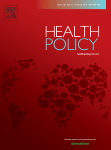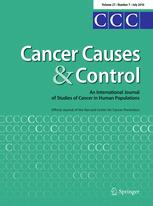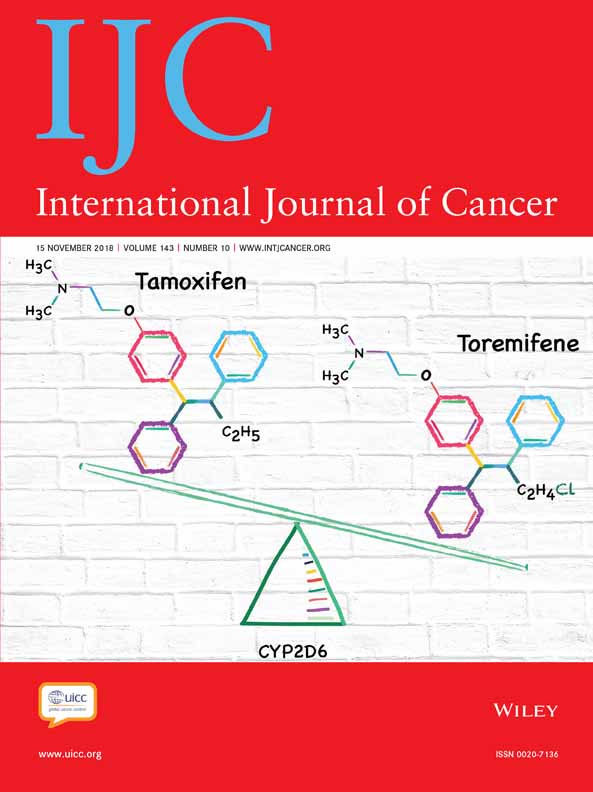Competition in the off-patent medicine market in Spain: The national reference pricing system versus the regional system of tendering for outpatient prescription medicines in Andalusia
Spain has a reference price system (RPS) for off-patent medicines since 1997. In addition, from 2012, Andalusia is running a series of tenders for procuring off-patent medicines dispensed by community pharmacies, for those medicines included in the system of homogenous clusters within the national reference price system. Such tenders offer additional savings to the regional…












